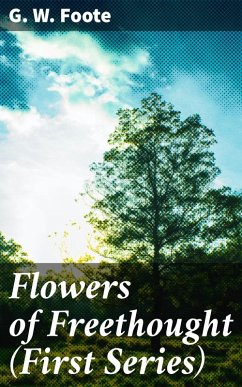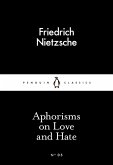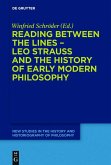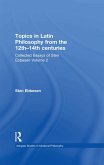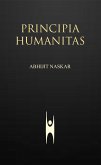In "Flowers of Freethought (First Series)," G. W. Foote provides a compelling collection of essays that tackle the intersection of religion, philosophy, and the emerging rationalist movements of the late 19th century. Written in a provocative and accessible style, Foote'Äôs work draws on wit and incisive reasoning to dismantle dogmatic beliefs while promoting the principles of critical thought and secularism. The essays, rich in historical context, reflect the intellectual currents of their time and serve as a testament to the growing prominence of freethought as a counter to traditional religious ideologies. G. W. Foote, a prominent English freethinker, journalist, and activist, was deeply influenced by the skepticism of his era. His outspoken views on religion and advocacy for secularism were shaped by his own experiences with religious institutions and his commitment to social reform. Foote's background in journalism allowed him to engage with contemporary debates on morality, ethics, and belief, making his work significant in the landscape of freethought literature. "Flowers of Freethought" is essential reading for anyone interested in the historical development of secular thought and the critique of religious dogma. Foote's incisive analysis and eloquence invite readers to reflect on their own beliefs and the broader implications of faith in society. This collection not only serves as a crucial resource for scholars but also as an inspiring call to intellectual independence for all.
Dieser Download kann aus rechtlichen Gründen nur mit Rechnungsadresse in A, B, BG, CY, CZ, D, DK, EW, E, FIN, F, GR, H, IRL, I, LT, L, LR, M, NL, PL, P, R, S, SLO, SK ausgeliefert werden.

